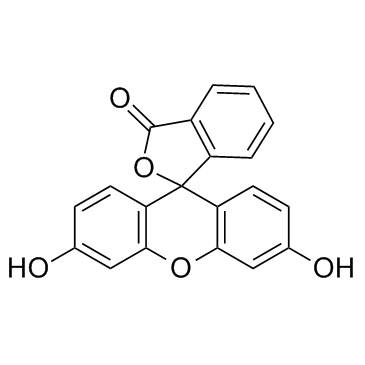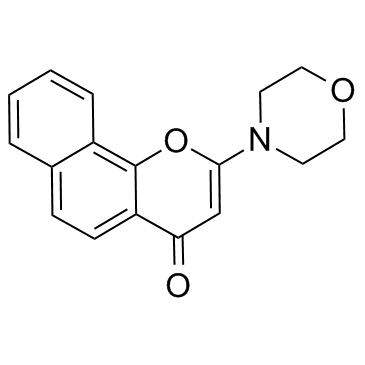| Structure | Name/CAS No. | Articles |
|---|---|---|
 |
Ethanol
CAS:64-17-5 |
|
 |
Fluorescein
CAS:2321-07-5 |
|
 |
NU7026
CAS:154447-35-5 |